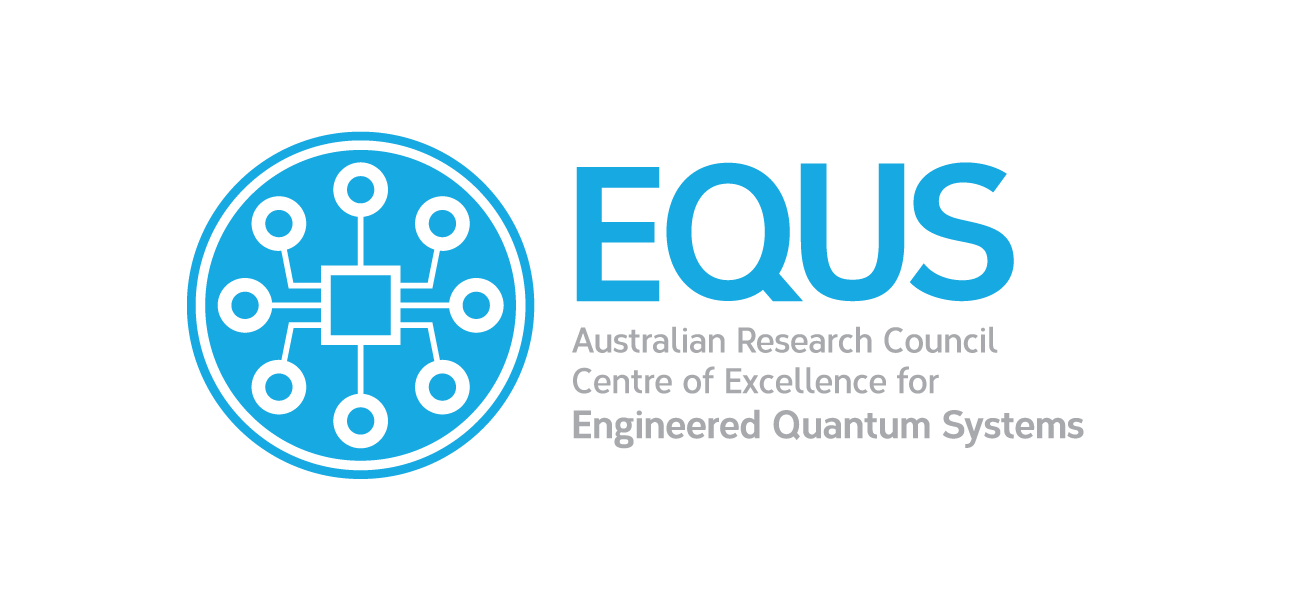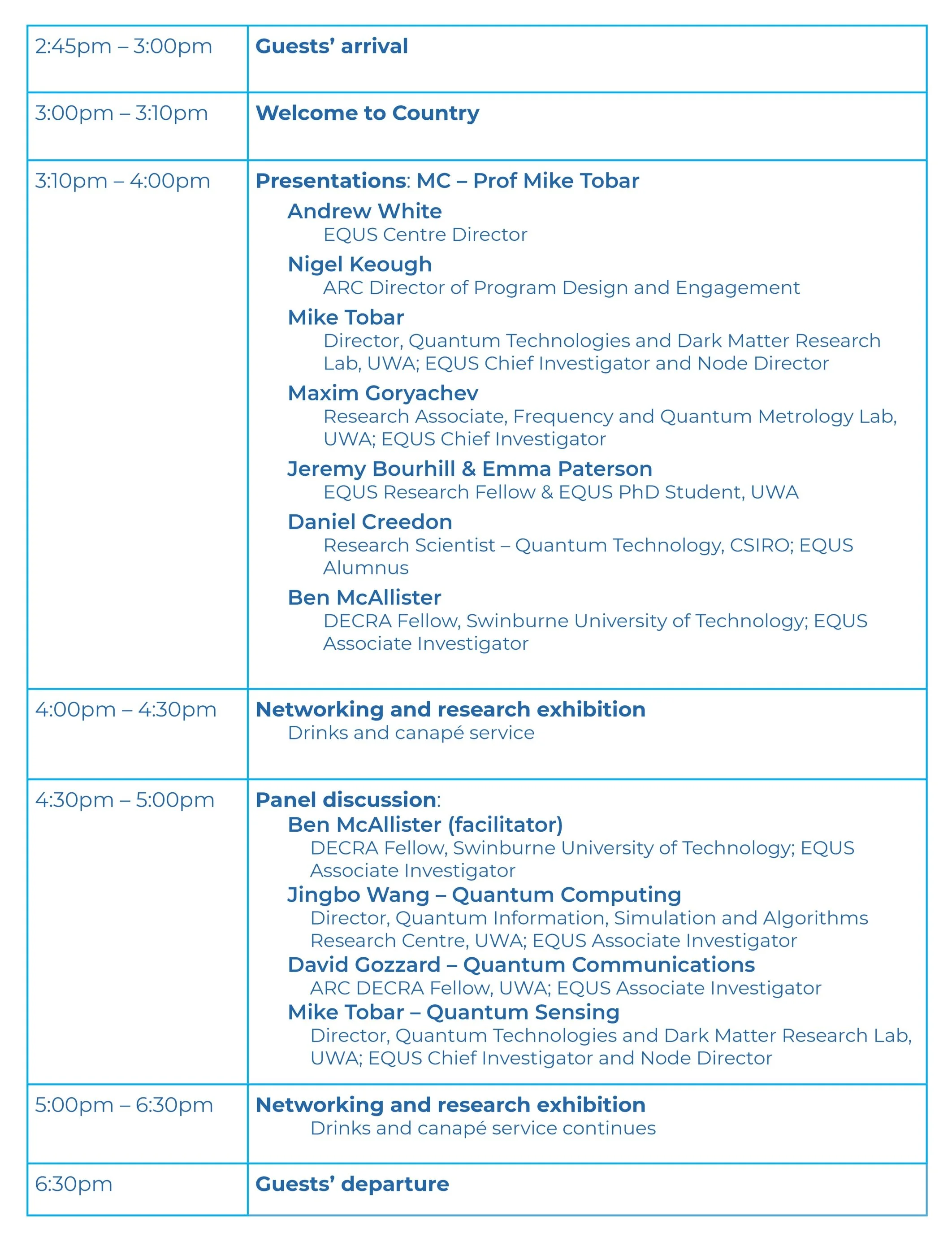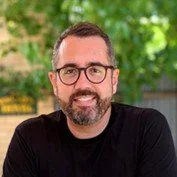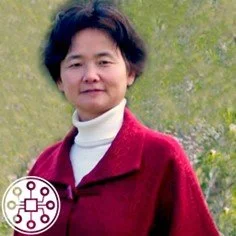The EQUS Perth Showcase
Thursday 8 May | The University Club of Western Australia, Perth
Program
Speakers and Panelists
Andrew White
Director, EQUS
Professor Andrew White was raised in a Queensland dairy town, before heading south to the big smoke of Brisbane to study chemistry, maths, physics and, during the World Expo, the effects of alcohol on uni students from around the world. Deciding he wanted to know what the cold felt like, he first moved to Canberra, then Germany—completing his PhD in quantum physics—before moving on to Los Alamos National Labs in New Mexico where he quickly discovered that there is more than enough snow to hide a cactus, but not nearly enough to prevent amusing your friends when you sit down. Over the years he has conducted research on various topics including shrimp eyes, nuclear physics, optical vortices, and quantum computers. He likes quantum weirdness for its own sake, but his current research aims to explore and exploit the full range of quantum behaviours—notably entanglement—with an eye to engineering new technologies and scientific applications.
Andrew is a world leader in quantum technology and is currently Director of the Centre of Engineered Quantum Systems, an Australia-wide, 14-year long, research effort by more than 250 scientists to build quantum machines that harness the quantum world for practical applications. His research is making significant contributions to the fields of quantum information science and quantum optics. His contributions include both fundamental advances—quantum-logic gates, quantum simulation & emulation, quantum metrology—and methodological advances—entanglement engineering, quantum tomography, and optical vortices.
Nigel Keough
ARC Director of Program Design and Engagement
Michael Tobar
Director, Quantum Technologies and Dark Matter Research Lab, University of Western Australia
EQUS Chief Investigator and Node Director
Professor Mike Tobar is a leading researcher in precision and quantum limited measurement and testing fundamental physics, which has been recognised by many awards both internationally and nationally as well as many invited talks at international conferences. Within EQUS, Professor Tobar is a Research Theme Leader, Node Director, and Chief Investigator.
Mike leads the Quantum Technologies and Dark Matter Research Laboratory at the University of Western Australia (qdmlab.com), and is also a leader in the ARC Centre of Excellence for Dark Matter Particle Physics. His broad research interests encompass the disciplines of frequency metrology, precision and quantum measurements, low temperature, condensed matter and quantum physics. Over his career he has developed a variety of measurement tools, allowing investigations in many areas of Physics and Engineering, leading to many prestigious awards. In particular, he has developed technologies to undertake precise tests of fundamental physics and has also adapted such technology to the commercial sector, which includes 13 patents on precision radar and detectors and over 300 refereed journal publications. He also leads the well-known ORGAN axion Dark Matter detector collaboration co-funded by both Centres, and in 2019 his group become an official collaborator of the famous Axion Dark Matter eXperiment situated at the University of Washington, Seattle.
Maxim Goryachev
Research Associate, Frequency and Quantum Metrology Lab, UWA
EQUS Chief Investigator
Dr Maxim Goryachev is an established physicist with vast experience in low-temperature and condensed-matter physics, frequency measurement and control, low-noise and precision measurements, photonic and phononic low-loss systems, and paramagnetic and ferrimagnetic spin systems at low temperatures.
His main research interest is in the application of ultra-high quality factor photons, phonons and magnons to engineered quantum systems and tests of fundamental physics. This includes Lorentz Invariance, Dark Matter and Quantum Gravity. Recently he started working on translation and commercialisation projects such as hydrogen sensing for green economy, ultra-stable oscillators for 5G, chiral molecule sensing and sorting, and Transcranial Magnetic Stimulation.
Jeremy Bourhill
EQUS Research Fellow
Dr Jeremy Bourhill has rejoined the team at EQUS UWA node as a Research Fellow after working for IMT Atlantique in Brest, France. Prior to that Jeremy was a Research Associate at UWA after completing his PhD in July 2016 under the supervision of Prof Michael Tobar. His research focused on spin ensembles in solids and novel microwave techniques to interact with them for the purposes of designing quantum protocols. In addition, Jeremy is interested in utilising unique 3D-printed microwave resonators for ultra-light dark matter searches, chiral sensing and filtering.
His doctorate focused on a macroscopic (kg scale) electro-mechanical device with the potential to test the nature of gravitational effects in the quantum world, as well as improvements to phase noise performance of microwave readout technology at 100 kHz.
Emma Paterson
EQUS PhD Student, UWA
Emma Paterson is a PhD student at the Quantum Technologies and Dark Matter Research Lab at UWA. Currently, Emma is working on a twisted anyon cavity resonator as a potential Dark Matter Detector and Sensing Device.
Daniel Creedon
Research Scientist – Quantum Technology, CSIRO
EQUS Alumnus (former PhD Student)
Dr Daniel Creedon received a B.Sc. (Hons) degree in Physics in 2007, and completed his PhD degree in 2012 with EQUS at the University of Western Australia. His research has focused on the development of a cryogenic solid-state maser based on electron spin resonance of paramagnetic ions in sapphire, as well as the characterisation of paramagnetic impurities in other crystal resonators at cryogenic temperatures and their applications to quantum measurement and control. For his contributions to the field, Daniel was awarded the Robert Street Prize in 2012, and the National Measurement Institute NMI Prize in 2013. His current research focuses on diamond-based quantum electronics, seeking to establish new electronic and magnetic phases in diamond using low-temperature (mK) low-noise magneto-transport measurements.
Ben McAllister
ARC DECRA Fellow, Swinburne University of Technology
EQUS Associate Investigator
Dr Ben McAllister is an EQUS Associate Investigator working at Swinburne University of Technology – he has been haunting EQUS since 2015, having completed his PhD with the UWA node in 2019, before moving to Swinburne in 2021. Ben mostly works on dark matter and quantum sensing but has recently branched out into the exciting world of driving half an hour down a long tunnel into a functioning gold mine to hide from cosmic rays.
Jingbo Wang
Director, Quantum Information, Simulation and Algorithms Research Centre, UWA EQUS Associate Investigator
Professor Jingbo Wang is the Director of the QUISA (Quantum Information, Simulation and Algorithms) Research Centre, hosted at The University of Western Australia, which aims to foster collaboration and entrepreneurship, bringing together academic staff, research students, government and industrial partners to develop innovative quantum solutions to tackle otherwise intractable problems and complex phenomena, as outlined at https://quisa.tech/(link is external). Jingbo and her team pioneered quantum walk-based algorithms to solve problems of practical importance otherwise intractable, which include complex network analysis, graph theoretical analysis, machine learning, and combinatorial optimization. She is currently also Head of the Physics Department, Deputy Head of the School of Physics, Mathematics and Computing, and Chair of the QST (Quantum Science and Technology) Topical Group under the Australian Institute of Physics.
David Gozzard
ARC DECRA Fellow, University of Western Australia
EQUS Associate Investigator
Dr David Gozzard is an ARC DECRA Fellow working in the International Centre for Radio Astronomy Research. His work primarily focuses on quantum imaging, high-precision measurement, and high-bandwidth satellite laser communications.
David's previous work includes the development and testing of a high-precision phase synchronization system for the Square Kilometre Array telescope, and a postdoctoral position at the ANU EQUS node with CI Professor Daniel Shaddock where he worked on optical phased array technology, quantum key distribution, and other high-precision laser systems.
Acknowledgement of Traditional Owners
The University of Western Australia acknowledges the custodians and traditional owners of land on which any of its campuses are located.
At the main campus, Crawley, the University acknowledges the Whadjuk Noongar people as the traditional owners of the land on which it is situated. The Whadjuk Noongar remain the spiritual and cultural custodians of their land, and continue to practise their value, languages, beliefs and knowledge
The Welcome to Country is conducted by Sandra Harben
“Whadjuk Wanjoo Yorga (Whadjuk Welcome Women)”
